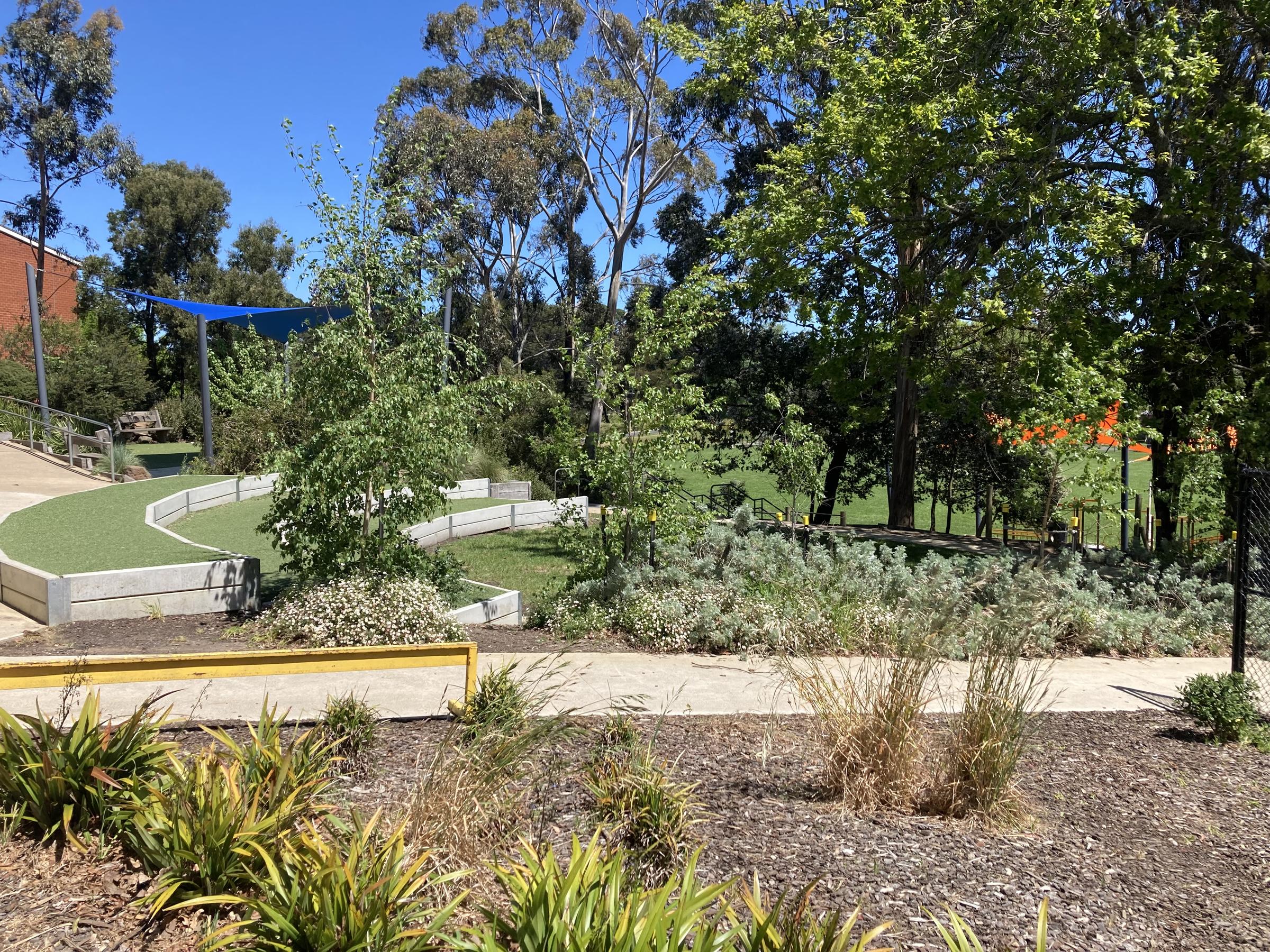Year 1 Unit

We have been learning about poetry in Year 1!
Poetry is a kind of writing that tries to get the reader to use their imagination and to feel different emotions as they read.
A poem is a short piece of text that uses carefully chosen words to share ideas, emotions or a story with the reader.
As we have listened and read poems we have thought about what we enjoyed about them and explained our opinions. We have really liked making connections from the poems to our own experiences, making inferences and visualising while reading. So far we have explored two poetic devices: alliteration and simile, finding them in poems and writing some of our own!
We would like to share some of our similes with you.
- As quick as a falcon- Dom
- As strong as a gorilla- Remi B
- As small as a bug- Riley
- As strong as a Dad- Ayla
- As quick as a monkey- Jude
- As small as a bird- Isla M
- As strong as a wombat- Florence
- As small as a puppy- Dalton
- As quick as a cheetah- Keira
- As strong as a kangaroo- River
- As beautiful as home- Eleanor
- As small as an ant- William
- As strong as a choky- Vivi
- As small as an atom- Reghan
- As slow as a sloth- Remi T
- As small as a duckling- Charlie
- As quick as a leopard- Isla V
- As small as a microbe- Roy
We are looking forward to visiting Hanging Rock next Wednesday. Students please remember to wear your walking shoes, pack your lunch and wear a warm coat. We are hoping for the best weather on the day.
ADD IT UP!
Here’s a game to try at home to help your child practise their Addition strategies. You will need one deck of cards with picture cards removed.
To play: A game for two or three players. Play for any amount of time or until cards in decks run out.
Start by dividing a deck of cards into two piles of cards face down on the table top. First player turns over the top card on each stack and adds the two cards to calculate the total.
Use the ‘Think Big, count small’ strategy. For example: if you flip a 3 and an 8, start with 8 in your head and count on 3 more, keeping count on your fingers if you need to.
If they are unsure, ask your child ‘How could you work out the total?’ Offer prompts. ‘So you have an 8, it’s the largest number, let’s start there…’
When totaling your own cards, say it out loud for your child to hear. For example: ‘I started with 5 and I added on 2 more. 5, 6,7. 5 and 2 is 7.’ The other player has to agree that it is the correct total and the first player keeps the two cards.
If the total is incorrect the cards go on the bottom of the pile. The second player takes a turn and play continues until all cards from the two decks are gone. Player who has the most cards at the end is the winner.
Year 1 Teachers
Danielle Dawes, Zoe Sutherland, Juliet Smith, Emma Beaumont
